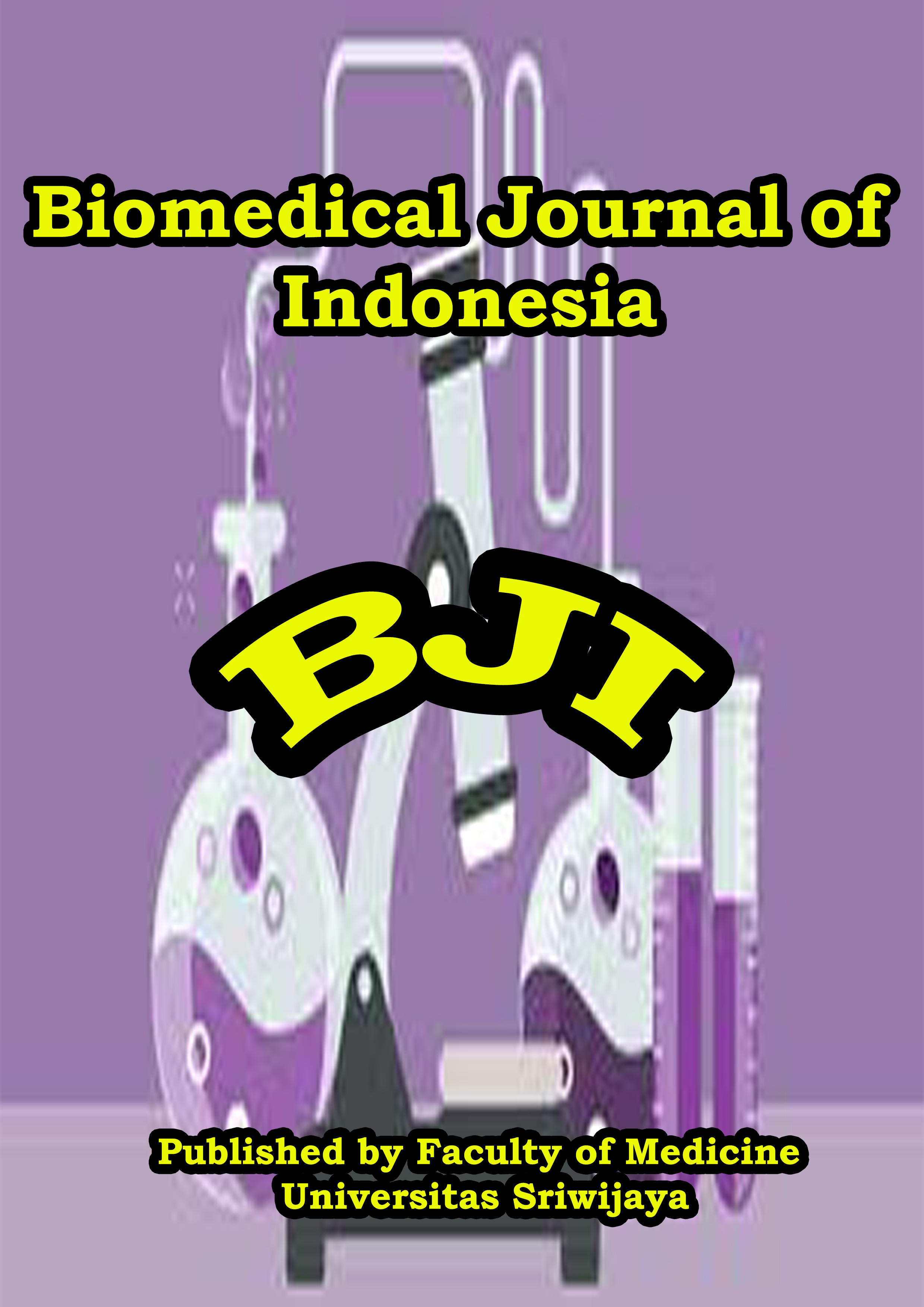Neuroprotective Effect Of Angiotensin Receptor Blocker
Main Article Content
Angiotensin Receptor Blocker, ARB, is a drug that acts on the AT1 receptor so as to inhibit Ang II stimulation. Ang II stimulates the main activity of the angiotensin renin system. Recent research has shown the presence of components of the RAS system in the brain, and the neuroprotective effects of the brain. ARB drugs can enter the brain and protect the blood brain flow, maintain the function of the blood brain barrier and reduce cerebral hemorrhage. The neuroprotective effect of ARB not only arises from improved cerebrovascular blood flow (improved access to oxygen and nutrients) but also decreased factors that can cause brain injury, including decreased excitotoxicity of glutamate which causes inflammatory response and apoptosis, decreased inflammatory response of interleukin-1β and bacterial endotoxin. In addition, there are additional effects through the PPARγ activation mechanism. Based on these benefits ARBs can be developed for the purpose of treating various brain disorders, in this case improving cognitive function, such as vascular dementia, Alzheimer's disease, Parkinson's disease, traumatic brain injury, stroke, and others.

